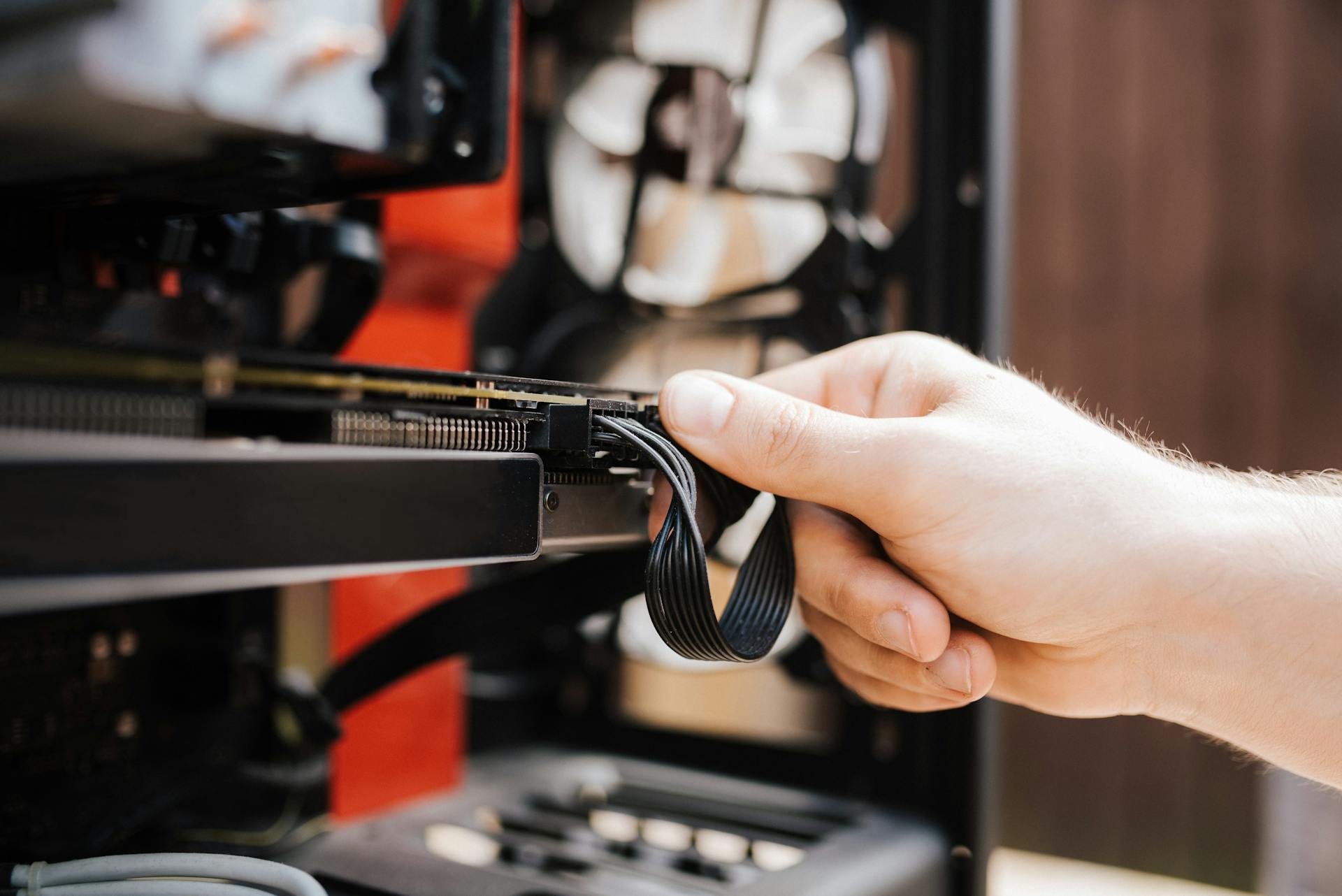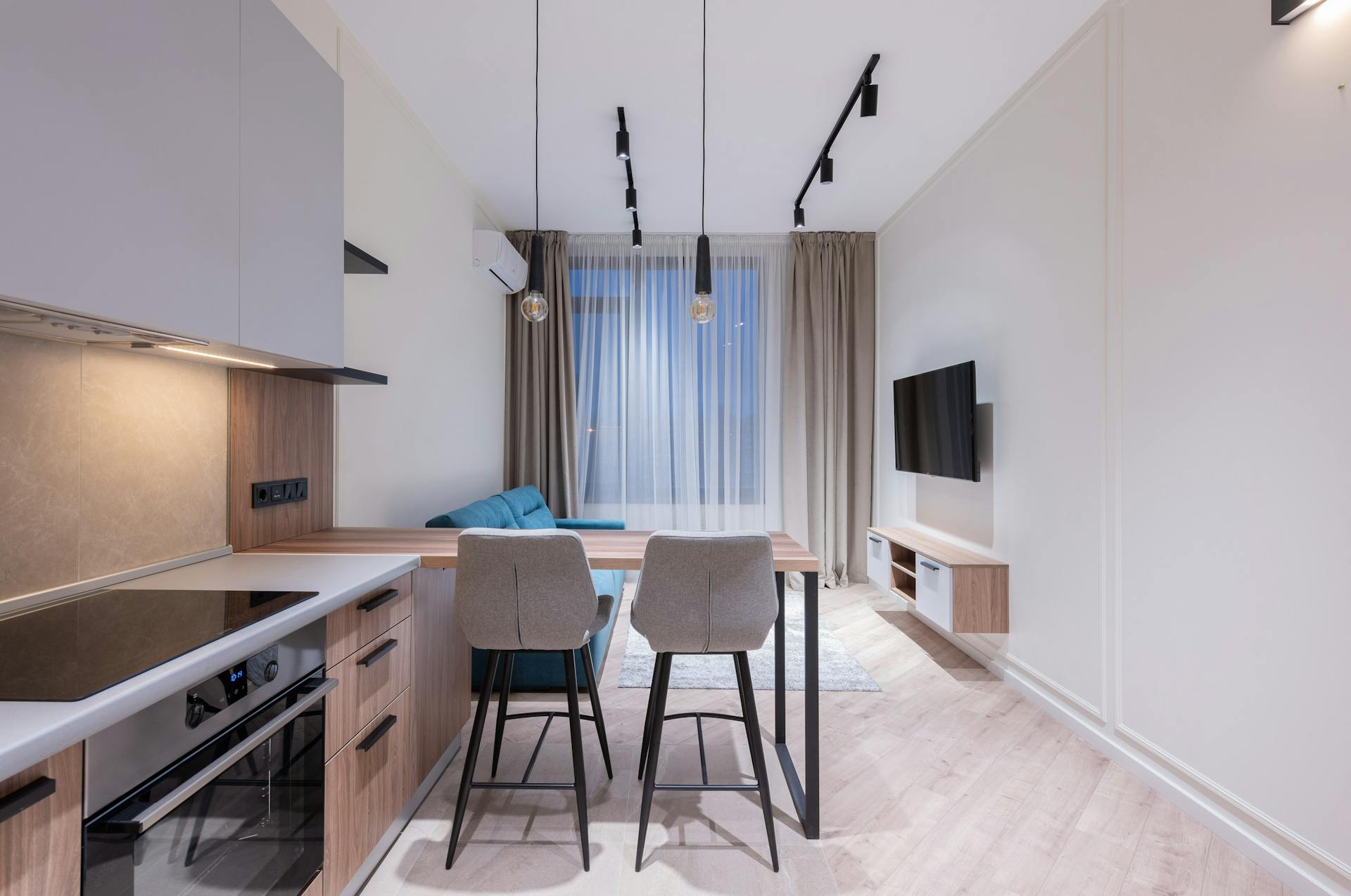
Summer is in full swing and as the temperatures rise, so does our reliance on air conditioners. However, many of us tend to take our air conditioner for granted and forget about its maintenance until it breaks down. This can result in costly repairs or even the need for a replacement unit. To avoid such situations, it is important to follow 21 air conditioner maintenance tips that can help keep your cooling system running smoothly all summer long.
Your air conditioner needs regular care and attention to perform efficiently and effectively. Neglecting its maintenance can lead to a decrease in performance, increased energy consumption, and even health hazards. Fortunately, maintaining your air conditioner is not only simple but also cost-effective. By following these easy steps, you can ensure that your unit runs smoothly without any glitches throughout the hot summer months. So let's dive into the world of air conditioning maintenance and learn how to keep your unit running like a dream!
Intriguing read: Ductless Air Conditioner
Discover the Functionality of Your Air Conditioner
Understanding the functionality of your air conditioner is important for proper maintenance. Central air conditioners have two basic parts: the indoor unit evaporator and the outdoor unit condenser. The central duct connects both units, and a heat pump can be added for heating purposes. The indoor unit contains an air handler that circulates the cooled air through your home. Knowing these basic parts and their functions will help you follow the necessary maintenance steps outlined in your owner's manual to keep your air conditioner running efficiently.
A different take: Air Duct Cleaning Cost
Your AC Unit: Is it the Perfect Fit?

Is your AC unit the perfect fit for your space? It's important to make sure your AC unit is carefully sized to match the cubic feet of the room it will be cooling. A larger AC unit may cool the room faster, but it will also cycle on and off more frequently, causing extra air wear and tear. On the other hand, a smaller AC unit may struggle to keep up with a larger space, leading to increased energy usage and inefficiency. Choosing the right size AC unit for your home is a sustainable option that can save you money in the long run.
Discover How to Detect Air Leaks in Your House

Air leaks in your house can lead to higher energy bills and a less comfortable living environment. To detect air leaks, start by walking slowly around your house with a lit incense stick or furnace light, paying close attention to areas where outer walls meet floors and ceilings. Look for smoke blowing sideways, which could indicate an air leak. You can also turn off all exhaust fans and other devices that may create airflow and then hold a tissue up to potential leak areas to see if the tissue moves. Once you've found any air leaks, seal them up to improve your home's energy efficiency.
Upgrade Your Home's Comfort with a Programmable Thermostat

One of the best ways to take advantage of today's state-of-the-art AC technology is by installing a programmable thermostat. With this device, you can set temperatures according to your preferences and schedule, then let it do its job automatically. It will lower or raise the temperature as needed without you constantly hovering over the dial. Installing a programmable thermostat is an easy DIY task that can save you money on energy bills in the long run. Don't wait any longer to upgrade your home's comfort with this simple but effective device!
Maintain Hygiene: The Simple Secret to a Healthy Life
Maintaining hygiene is crucial for leading a healthy life. This not only applies to personal hygiene but also to the cleanliness of our surroundings. When it comes to our homes, one appliance that needs regular cleaning and maintenance is the air conditioner. As the dog days of summer start running, it's important to start vacuuming and cleaning the AC unit to ensure it's functioning properly. Use a soft-bristle brush (note they're fragile) to clean units you'll be working on, taking care not to bump into any metal box or parts as per the owner's manual. By keeping your AC unit clean, you can ensure better indoor air quality, reduce energy bills, and avoid costly repairs down the line.
Beat the Heat: Effortlessly Chill Your Garage

Summer heat can slow down your DIY projects in the garage workshop, but you don't have to suffer through it. Installing a room air conditioner can make a huge difference in keeping your garage cool and comfortable. With proper maintenance, your AC unit can last for years and will provide refreshing relief from the hot temperatures outside. Follow our 21 air conditioner maintenance tips to ensure that your DIY projects are not affected by the summer heat!
For another approach, see: Chimney Maintenance
Maintaining Your Window AC Unit: A Guide to Keeping It Clean

One of the primary areas that homeowners should focus on when maintaining their window AC unit is the filters. Over time, window AC unit filters can become clogged with dirt and debris, causing them to work harder to deliver cold air. To prevent this issue, experts like Giacomo Calzavara, Managing Director at JMATEK North America (maker of Honeywell portable cooling products), recommend cleaning or replacing your window AC unit filters regularly.
Another key area to focus on is the coils. Dirty coils can also cause your window AC unit to work harder, which can lead to increased energy consumption and higher utility bills. To keep your coils in good condition and ensure that your window AC unit is delivering optimal results, you should remove any dirt or debris from the coils filters regularly. By following these simple tips, you can improve the efficiency of your window AC unit and enjoy cool, comfortable air all summer long!
Effortlessly Purify Your Central AC Unit in Simple Steps

Maintaining your air conditioning unit is important to ensure its longevity and efficiency. One of the most important things you can do is to clean your central AC vent cover depending on how dirty it gets. Make sure you follow important safety protocol and turn off the power supply before removing the vent cover. Use a screwdriver or push tabs to remove the vent cover, then wash it with soap and water.
Another crucial maintenance tip is to check your washable filter every month and replace it if necessary. If you have a reusable filter, simply swap it out for a clean one. For window AC units, make sure you also clean the vent using the same method as above. For outdoor units, find the flip-up lid and check the condenser unit for debris such as leaves, grass, dirt, etc. Use a garden hose to carefully spray away any remaining dirt, making sure not to get any water inside the electrical box.
After cleaning your unit, make sure to let everything dry completely before putting everything back together again. For example, let your vent cover dry out in the sun or indoors until it's completely dry. You should also let your condenser unit dry completely before turning on your air conditioning again. By following these simple steps regularly, you can effortlessly purify your central AC unit and ensure that it functions properly for years to come!
Say Goodbye to Blockages in Your Condensate Drain Tube

One of the most common issues that people face with their air conditioning units is water puddling around them when the ac is running. This is caused by clogged condensate drain tube condensation, which can also lead to other problems like mold growth on air conditioning coils and form slime in the condensate pan drain tube. To avoid such troubles, it's recommended to keep your drain tubes clean and clear of any blockages by regularly flushing them with hot water or using a commercial cleaner specifically designed for this purpose.
Frequently Asked Questions
How often should you clean your air conditioner?
You should clean your air conditioner once a year or more frequently if it is used heavily, to ensure maximum efficiency and prevent the buildup of harmful bacteria and allergens.
How do you maintain a central air conditioner?
To maintain a central air conditioner, change the filter regularly, keep the outdoor unit clean and clear of debris, and schedule annual professional maintenance.
Should you make your air conditioner work harder?
No, you should not make your air conditioner work harder than necessary. This can lead to higher energy bills and potential damage to the unit. It is important to properly maintain and use your AC system according to manufacturer guidelines.
When is the best time to replace your air conditioner?
The best time to replace your air conditioner is when it's costing more to repair than the cost of a new unit, or if it's over 10-15 years old and not running efficiently. It's important to have a professional assess your unit and recommend replacement options.
How do you maintain an air conditioner?
Regularly clean or replace air filters, keep the exterior unit free of debris and vegetation, schedule professional maintenance annually for optimal performance and efficiency.
Featured Images: pexels.com


